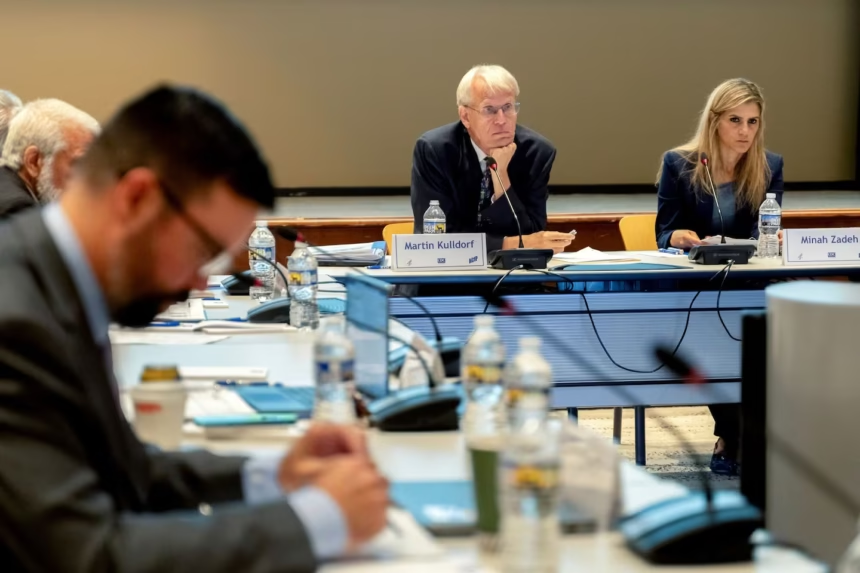Introduction
In a controversial move that has raised concern among medical experts and lawmakers RFK Jr vaccine panel, U.S. Health Secretary Robert F Kennedy Jr has restructured the vaccine advisory panel responsible for guiding the Centers for Disease Control and Prevention (CDC) on immunization policy. The newly appointed Advisory Committee on Immunization Practices (ACIP) held its first meeting this week and signaled its intent to reassess long-approved childhood vaccines.

RFK Jr’s Vaccine Overhaul Sparks Alarm
On June 9, Kennedy dismissed all 17 prior members of the ACIP, replacing them with a panel of eight, many of whom have a history of vaccine skepticism. Public health professionals are voicing concern that the move could erode public trust in long-standing immunization policies, especially for vaccines that have proven effective over decades.
The new panel chair, Dr Martin Kulldorff, stated during the committee’s inaugural session that the group would re-evaluate the safety and necessity of vaccines administered to children, including the hepatitis B shot given to newborns and the measles vaccine schedule. Kulldorff, a vocal critic of COVID-19 vaccine mandates, claims he was fired from Harvard for not taking the vaccine, a detail he revealed while assuming his new leadership role.
Backlash from Experts and Lawmakers
Dr Paul Offit, a former ACIP member and director of the Vaccine Education Center at the Children’s Hospital of Philadelphia, criticized the new composition of the panel, saying Kennedy had selected “people like him — people who have shown anti-vaccine bias.”
Senator Bill Cassidy, a physician and prominent Republican voice, echoed these concerns. He noted the lack of microbiological and immunological expertise among the new appointees and said some lacked understanding of modern vaccine technology such as mRNA platforms.
“The panel’s small size and lack of a CDC director to oversee their decisions makes this process deeply flawed,” Cassidy wrote in a social media post.
Questioning Decades-Old Vaccines
The committee’s intention to review vaccines approved more than seven years ago has sparked additional worry. Bill Hanage, an epidemiology professor at Harvard T.H. Chan School of Public Health, told the BBC that questioning vaccines with proven safety and effectiveness records “defies rational public health logic.”
Among the topics scheduled for discussion is the use of thimerosal, a mercury-based preservative that has not been present in most childhood vaccines for decades. The presentation will be given by Lyn Redwood, a former leader of Children’s Health Defense — an anti-vaccine group once led by Kennedy himself. Redwood now holds a position in the CDC’s vaccine safety office, a move that critics say further blurs the line between science and ideology.
Delays and Departures
The panel’s first official vote — scheduled to address recommendations for RSV vaccines — was postponed. Additionally, one of the appointed members, Dr Michael Ross, withdrew his nomination ahead of the first meeting due to a financial disclosure review. This has left the panel with just seven active members.

The abrupt shake-up at ACIP and the panel’s stated mission to reconsider fundamental vaccine policies has alarmed many in the medical community. With Kennedy’s long-standing opposition to vaccine mandates and past promotion of misinformation, experts fear that public health policy could be steered away from evidence-based decision-making.
Conclusion
As RFK Jr’s vaccine advisory panel begins its work, the future of U.S. immunization policy hangs in the balance. The reassessment of childhood vaccination schedules and decades-old vaccines could undermine public confidence in immunization, even as the country grapples with resurgent diseases and vaccine hesitancy.










